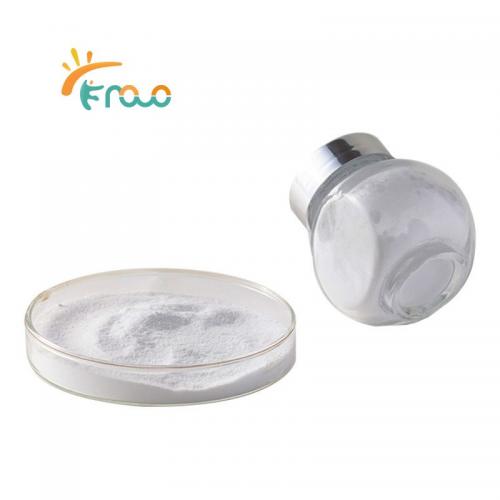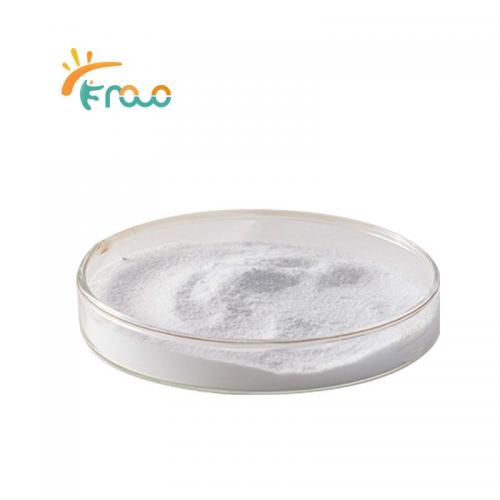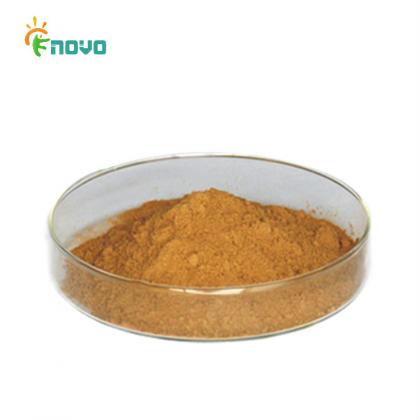-
Call Us 0086-551-62626068
-
Email us [email protected]
-
Email us [email protected]
-
WhatsApp 0086-18605517611

 English
English

















